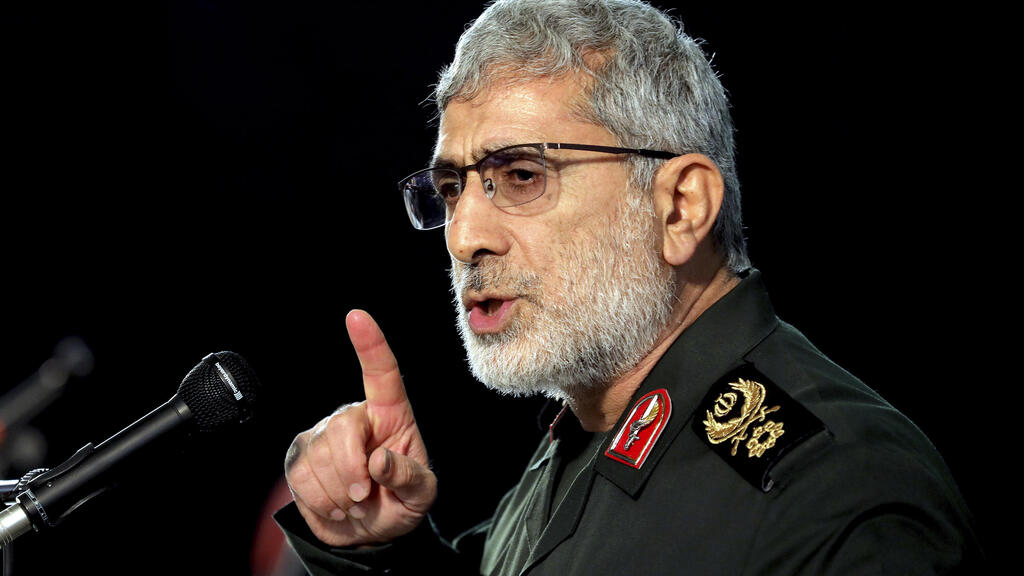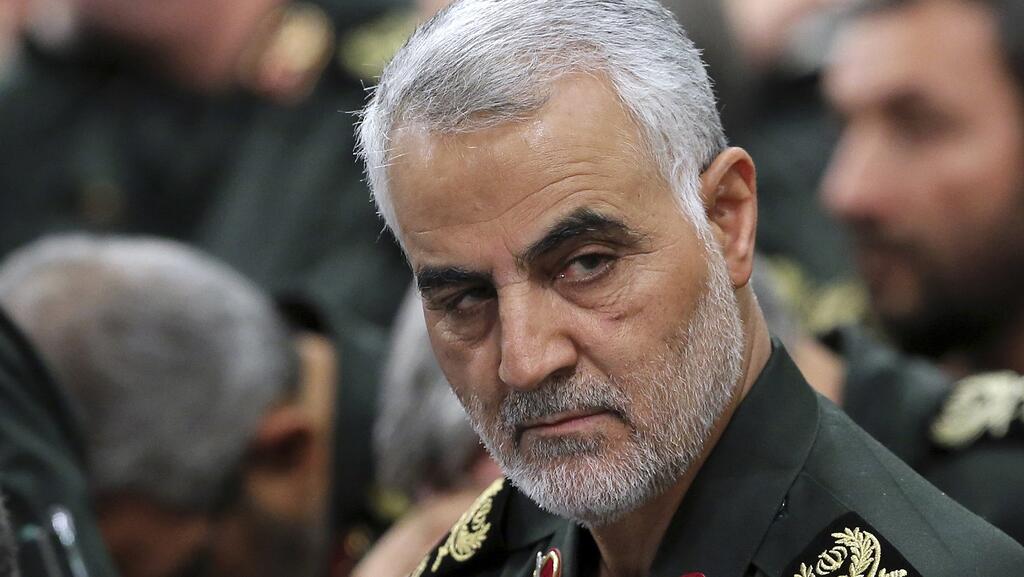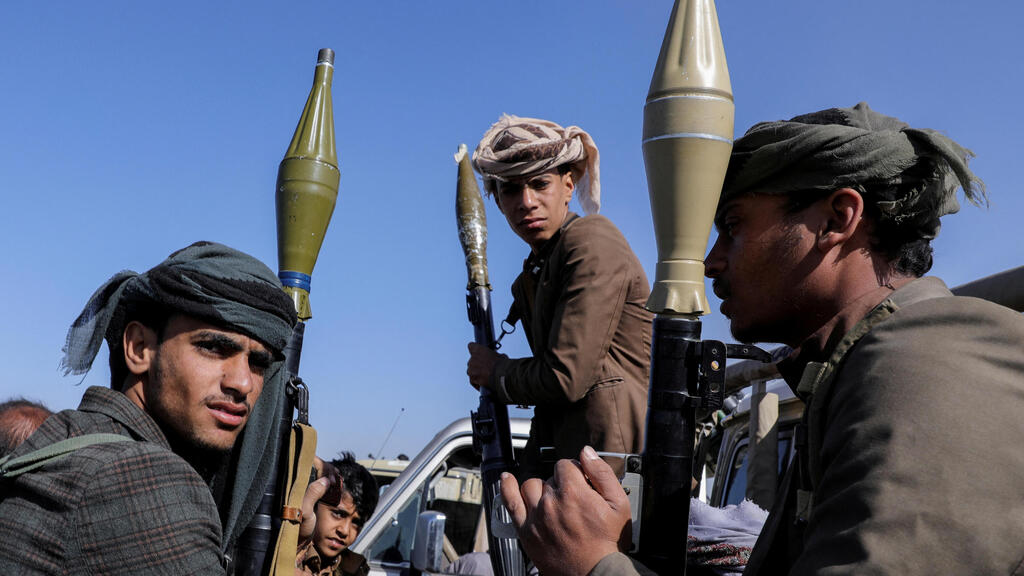Getting your Trinity Audio player ready...
A group of experts on the Iranian Revolutionary Guard Corps and its Quds force, mostly Iranian-borne former military men and academicians insist that Iran is not seeking to increase tensions with the U.S. or with Israel, but only to continue causing security incidents by proxies without clear Iranian involvement.
More stories:
According to Hamidreza Azizi from the National Security Council in Washington, this view is enforced by the fact that the U.S. said after the attack on its forces in Jordan, killing three and wounding dozens of others, that there was no definitive proof that the order to strike came from Tehran.
Immediately following the attack General Esmail Qaani, head of the Quds force, dispatched two people to the pro-Iran militias in Iraq to scold them for attacking the U.S. forces. "You've crossed a red line," his envoys reportedly said. "We cannot allow ourselves a military operation that would escalate the situation. We are certainly interested in continued tension but not in a situation that would compel the Americans or the Israelis to start a war."
The Wall Street Journal devoted a long report on Monday to Qasem Soleimani who led the Quds force until he was killed in a U.S. strike four years ago and to his successor Qaani.
While Soleimani was known for his charisma as a military leader who increased the influence of the Quds force and its reputation as a formidable military force in the region, Qaani lacks his predecessor's qualities. He does not speak Arabic and must rely on translators to relay his messages.
An Iranian expert says Qaani often visits allies and proxies in Syria, Lebanon, Iraq and Yemen – supplying them with arms, munitions and money, either in public visits or covertly.
"He gives instructions on how to challenge the American forces and how to bother the IDF and senior Israeli politicians but to stop short of creating an escalation so that the other side does not begin a war," the expert said.
Since October 7 Qaani set out to closely control all fronts controlled by Iranian proxies and to order them to "bother" American troops in Iraq, Syria and Jordan as well as the IDF, so as to give Hamas some "breathing space," without leaving any trace that would lead to direct Iranian involvement.
Qaani's long-years' expertise is in Afghanistan where he fought the Taliban as well as drug smugglers. He was responsible for Iran's infantry troops and in 1990 became the deputy commander of the IRGC. He helped Soleimani enlist Afghan forces to fight the Taliban in Syria.
He makes it a point to have pictures of Soleimani in the background of his photographs and although he does not have the public profile of his predecessor, he still tries to hold tight control over the proxy groups.
He once complained to a friend in the Quds force that the Houthi rebels in Yemen were being too independent and he found it hard to give them specific orders and then have to wait for them to carry them out.





